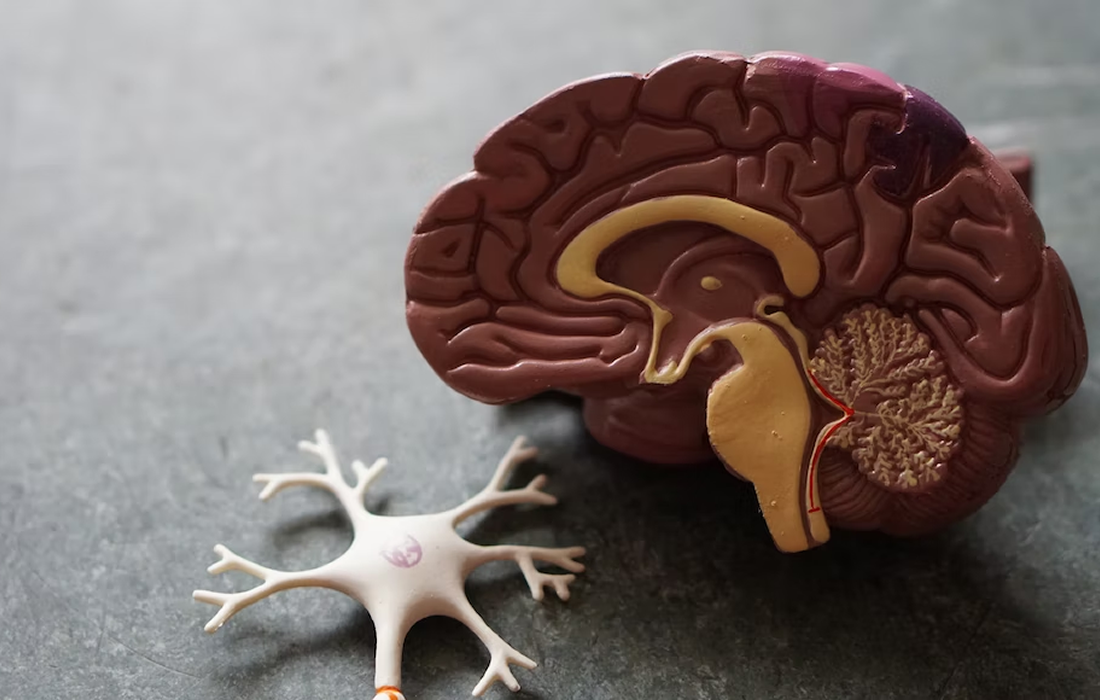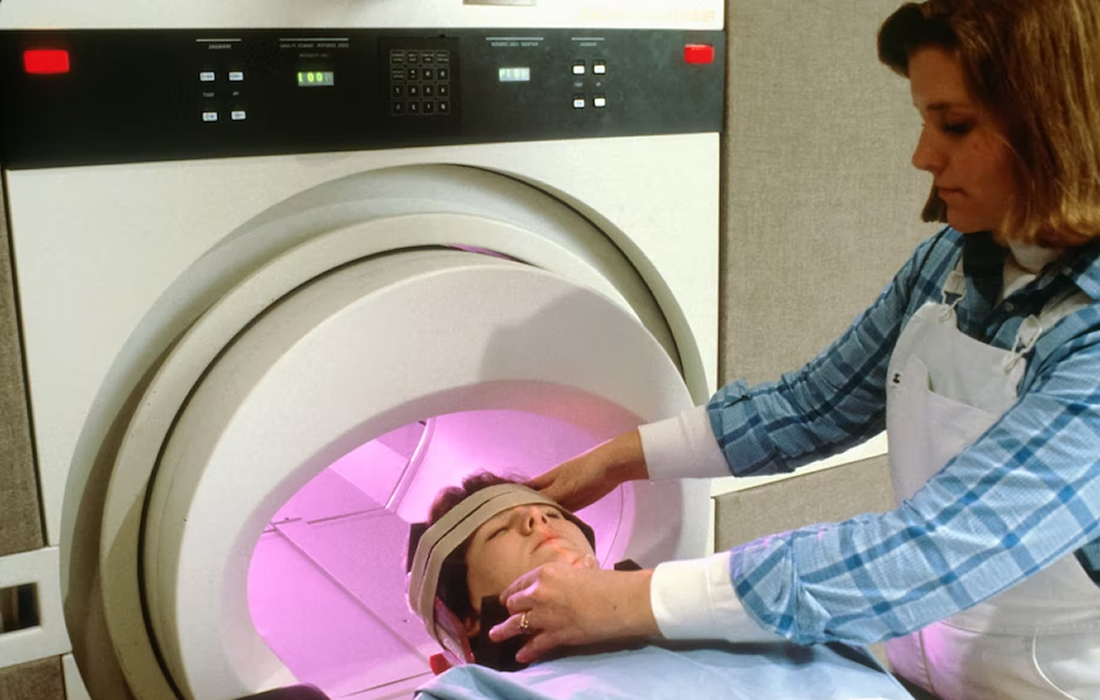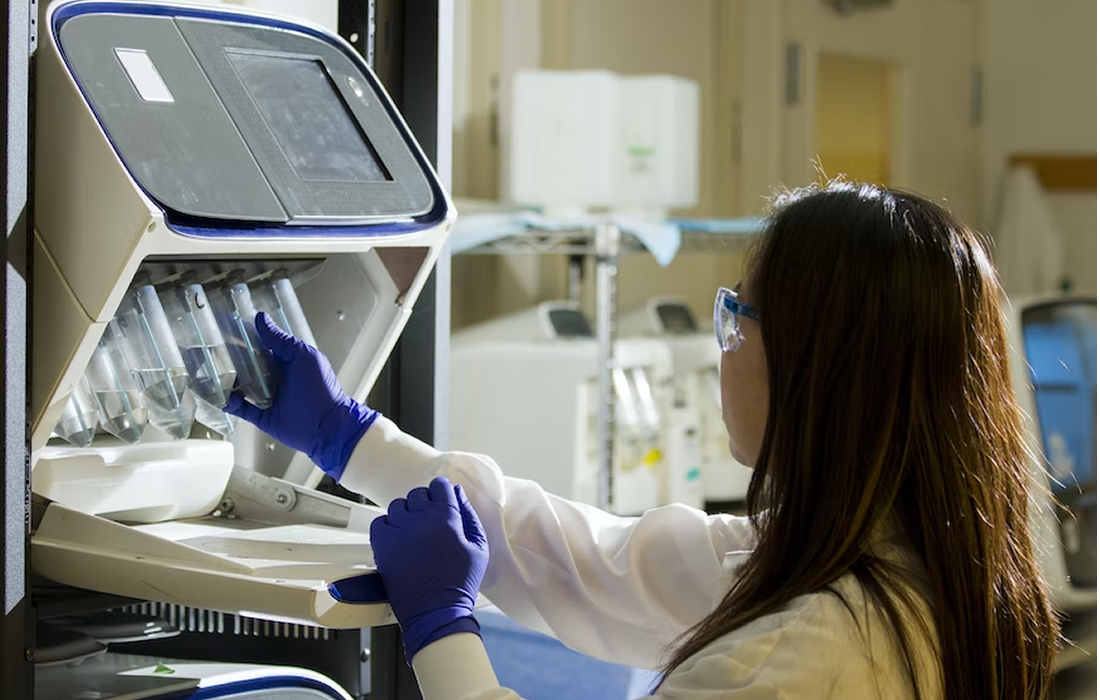Essential microbes transferred from mother to infant are only slightly lower for babies born via cesarean section and that gap can be bridged with breastfeeding. That’s according to new research published on March 8 in the journal Cell Host & Microbe. To understand how the microbiome develops during the first month of life, the team […]
Category Archives: Regenerative Medicine News and General Information
Reducing the methylation of a key messenger RNA can promote migration of macrophages into the brain and ameliorate symptoms of Alzheimer’s disease in a mouse model, according to a new study. The results illuminate one pathway for entry of peripheral immune cells into the brain, and may provide a new target for treatment of Alzheimer’s […]
A gene mutation associated with Parkinson’s disease interrupts brain cells’ normal process for disposing of degraded proteins, according to a recent study. The result is a buildup of debris in synapses that may cause Parkinson’s symptoms. In a study of Drosophila, fruit flies, researchers demonstrated that the release of calcium in neurons triggers autophagy — […]
An artificial intelligence (AI) tool shows promise in predicting active disease and flare-ups in people with ulcerative colitis, according to a new study published in Gastroenterology. Researchers from the Institute of Immunology and Immunotherapy at the University of Birmingham in England and the University College Cork in Ireland developed a computer-aided diagnostic tool to predict […]
For the study, which is published in PLOS ONE, Matthew Leming, PhD, a research fellow at MGH’s Center for Systems Biology and an investigator at the Massachusetts Alzheimer’s Disease Research Center, and his colleagues used deep learning — a type of machine learning and artificial intelligence that uses large amounts of data and complex algorithms […]
Further, over the past three decades, incidence of HPV-driven cancers has increased substantially worldwide and in the U.S. While there are well-established screening tools, as well as vaccines, for HPV-driven cancers such as cervical cancer, there are fewer resources for HPV-driven head and neck cancers. As a result, researchers are working with a sense of […]
Researchers at Tohoku University have shown that astrocytes — star-shaped glial cells that control the local ionic and metabotropic environment of the brain — exhibit an acid response with REM sleep in mice. They theorize that the acid response could be the underlying drive for specific information processing and generating plasticity during sleep. They further […]
Understanding how the knee joint environment affects cartilage cells is crucial for joint health. Knowledge of cell-driven cartilage degeneration mechanisms can support the development of effective pharmaceutical interventions for osteoarthritis. Researchers have now incorporated the influence of cells in a new numerical model to discover degeneration processes in mechanically loaded and inflamed cartilage. The burden […]
Inflammatory diseases like rheumatoid arthritis have complex disease mechanisms that can differ from patient to patient with the same diagnosis. This means that currently available drugs have little effect on many patients. Using so-called digital twins, researchers at Karolinska Institutet have now obtained a deeper understanding of the “off and on” proteins that control these […]
Currently, more than 57 million people live with dementia worldwide, and this number is expected to increase to more than 152 million by 2050. Alcohol consumption is generally considered as a potential modifiable risk factor for dementia, but the results in the literature are not completely consistent. In this study, the authors evaluated the association […]










